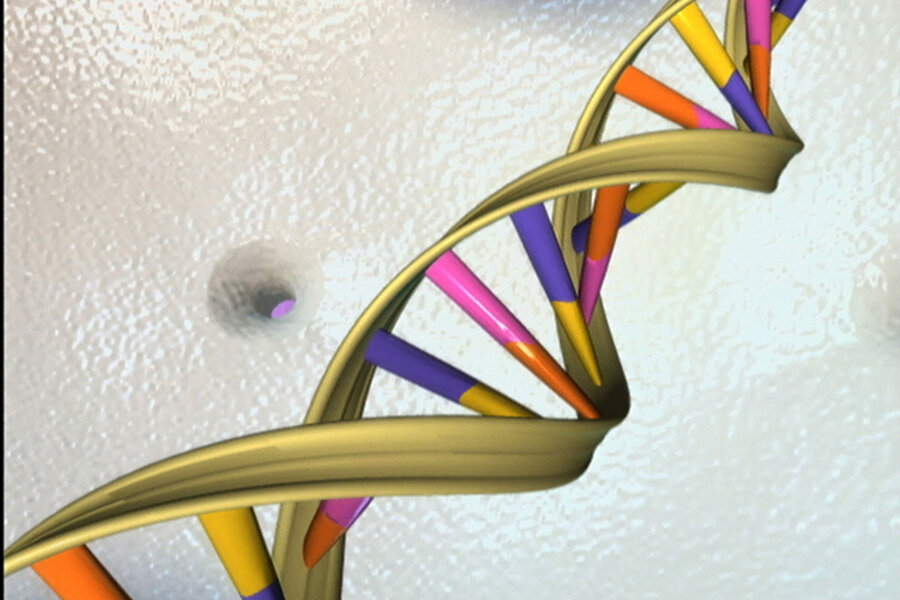Britain wades into controversial waters with approval of genetic experiment
Loading...
Nearly a year after Chinese scientists made the first, controversial attempt to modify genes in human embryos, Britain's Human Fertilisation and Embryology Authority has approved a similar experiment to be led by Kathy Niakan, a molecular biologist at the Francis Crick Institute in London.
Dr. Niakan wants to use a new genome-editing procedure called CRISPR–Cas9, invented a few years ago, to modify genes in the first seven days of a human embryo’s development, when it forms from a single cell to around 250 cells.
Scientists say the research could help scientists better understand fertility problems. However, many worry that experiments like this a fraught with ethical problems, including paving a path to giving human beings the power to edit genes to change their offspring – to create "designer babies."
David King, director of the British watchdog group Human Genetics Alert, has called Niakan's plans "the first step on a path ... towards the legalization of GM babies."
But Niakan says her edited genes will not be used in human reproduction, but for basic research only. The fertilized eggs will be donated by couples with a surplus of them after in vitro fertilization treatment, as the Guardian has reported, and cannot legally be studied for more than two weeks or implanted into women to achieve a pregnancy.
The geneticist will use the CRISPR-Cas9 technique to switch genes on and off in fertilized human eggs and then to look for the effects these modifications have on the development of the cells that go on to form the placenta.
“It is essential to study the function of these human genes in the context of the embryo in order to fully understand their roles,” she told the Guardian.
Last year, Chinese researchers made the first attempt at modifying genes in human embryos. Their experiment didn't work, but it raised alarms about the prospect of altering human genes.
Proponents of gene editing say the technology has potential to to stop certain diseases from being passed from one generation to the next. But on the other hand, ethicists say that the technology could also be used for darker ends, such as creating super-human soldiers or by choosing the skin or eye color of their offspring.
In January 2015, Jennifer Doudna, a biochemist involved in developing the CRISPR technology, held a one-day conference of scientists and ethicists to discuss the ramifications of the genetic breakthrough. That meeting yielded a perspective article in Science advising researchers to slow down, engage in a broader discussion, and develop standards around the use of the technique.
“At present, the potential safety and efficacy issues arising from the use of this technology must be thoroughly investigated and understood before any attempts at human engineering are sanctioned, if ever, for clinical testing," the group wrote.
This report uses material from the Associated Press and Reuters.








